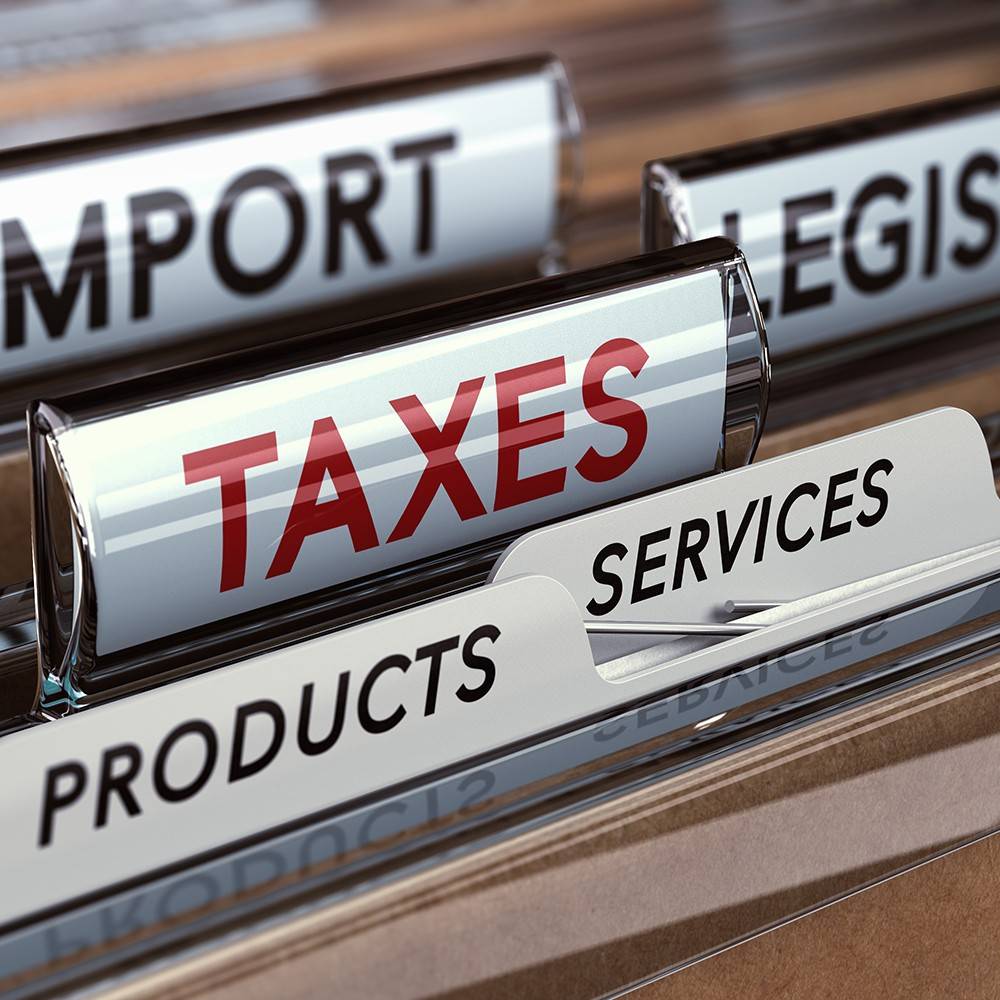Customs duties are taxes levied on goods entering a customs territory. They apply to both individuals and businesses and cover a wide range of products. Understanding what customs duties are, how they are calculated, and how to pay them is essential to avoid any issues when importing.
What Are Customs Duties?
Customs duties are taxes imposed by customs authorities on imported goods as soon as they cross a country’s border or a customs zone (such as the European Union). Their main purpose is to protect the local economy and regulate trade flows.
They apply to:
- New or used goods,
- Purchases made by individuals or companies,
- All types of products (with some exceptions).
⚠️ Some goods—such as tobacco, alcohol, and vehicles—are subject to specific regulations.
How Are Customs Duties Calculated?
Customs duty is calculated based on the following elements:
- Customs value: purchase price + transport costs + insurance (CIF value).
- Tariff classification of the product (via the TARIC code).
- Country of origin of the goods.
Possible calculation methods:
- Flat-rate duty of 2.5%: applies to goods carried in personal luggage valued at ≤ €700.
- Common Customs Tariff (CCT): variable rates depending on the type of goods.
📎 You can check the TARIC customs tariff to find the exact applicable rate for your product.
Who Has to Pay Customs Duties?
Imports within the European Union
No customs duties are levied between EU member states. These intra-EU exchanges are exempt from customs formalities.
🟠 Exceptions:
- Certain goods like tobacco or alcohol may require documentation or be subject to quantity limits.
- French overseas departments (DOM) are considered third territories and follow specific import/export rules.
Imports from Outside the European Union
For goods coming from third countries, customs duties apply:
- If the value exceeds a certain threshold (e.g., €150 for postal shipments).
- In addition to customs duties, extra taxes may apply: VAT, local port taxes, and processing fees.
How to Pay Customs Duties
For individuals:
- Declaration upon arrival: made verbally to customs officers.
- Online payment: via the Déclare Douane portal.
For businesses:
- Obtain an EORI number (via the SOPRANO EORI form).
- File a customs declaration (via DELTA-G or DELTA-X services).
- VAT self-assessment: mandatory since 2022 for all companies with a French VAT number.
📎 If there is no invoice, the customs authority will estimate the value of the duties owed.
Special Cases and Exemptions
Customs exemptions:
- Shipments between individuals < €45: exempt.
- Online orders < €150: may be exempt from customs duties, but VAT is still due.
- Personal belongings or luggage: exemption up to €700 for travelers.
Exports:
Some countries also apply export duties, particularly on strategic raw materials (e.g., timber, cocoa, minerals).
🔎 More information available at: Douane.gouv.fr
📞 Contact us at: MAP Transport S.A. – Co

